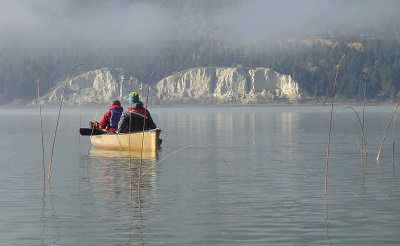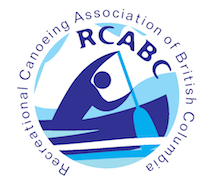
Many outdoor recreationists have been encouraging positive impact practices because of their desire to keep our wilderness clean. Positive impact involves leaving a location cleaner and with lower human impact than when you arrived. It can apply to wilderness or urban areas can be in the context of camping or day trips. Practicing positive impact often inspires others to do the same.
POSITIVE IMPACT - WHAT DO WE MEAN?
How to accomplish a positive impact depends on the location and the type of impacts it has been subjected too. Common efforts include:
- Cleaning up garbage (make a practice of always having a few garbage bags ready)
- Dismantling extra fire rings and charred wood
- Longer term positive impact practices can include:
- Habitat restoration projects
- Trail development
- Outhouse building
- Dismantling of old structures that have no value (not historic ones of course!).
If we all pitch in now and then, it's incredible how quickly a site can become clean and respected. It's commonly thought that if an area is a mess it encourages even more abuse. If an area is clean, people will make more effort to keep it that way.



















